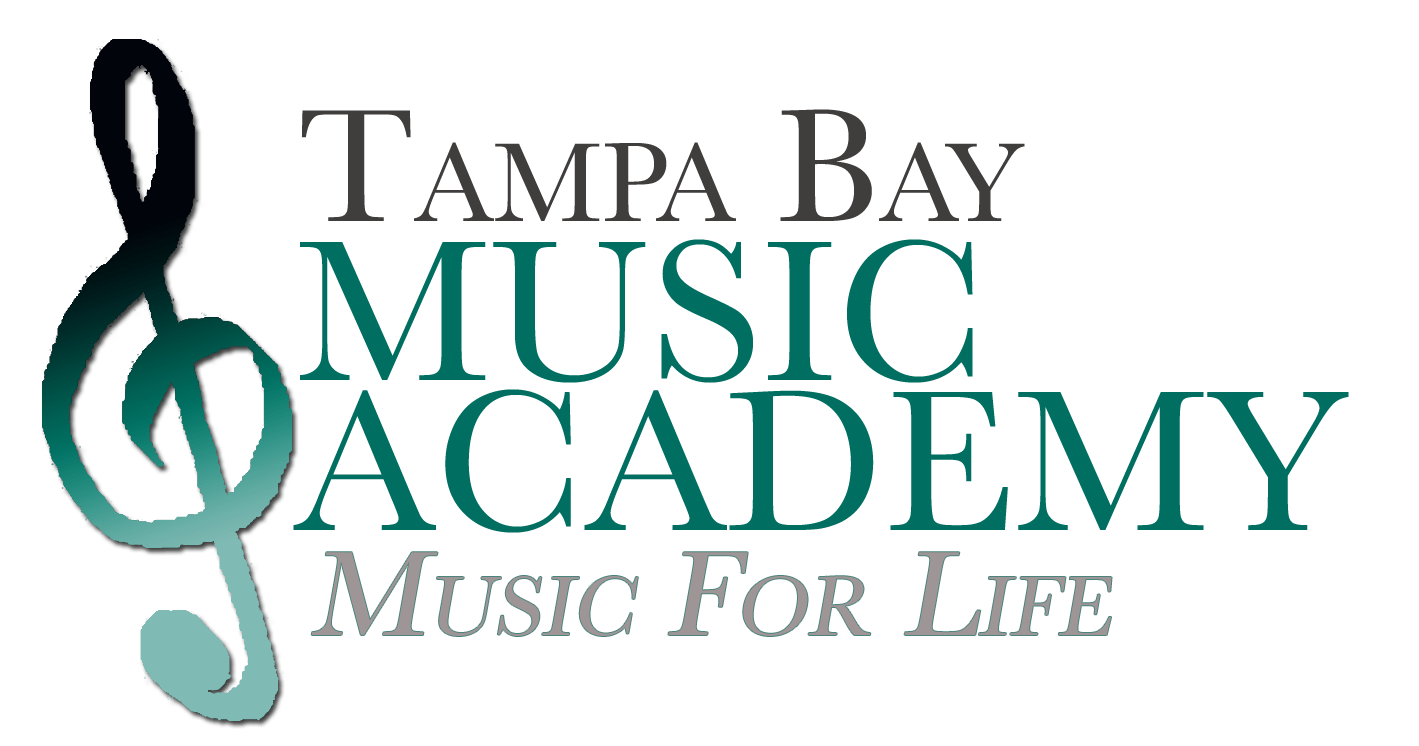It’s long been theorized that people who study music also display stronger skills in other scholastic endeavors such as math and language arts. Studies have demonstrated links between early music study and higher test scores, but just how far-reaching are those effects? Do they end when the music lessons end? Hardly.
What Scientists are Learning About Music and the Brain
Studies of how music affects the brain have begun to deliver fascinating results. Recent studies point to changes more potent than the improved test scores associated with listening to classical music—the so-called “Mozart effect.” These studies suggest that taking music lessons makes a difference in how the brain engages with stimuli:
– Timbre, pitch, and tone—Musicians are familiar with these labels for the various components of sound, and so are language researchers. One study recorded the neural responses of college students when they heard a particular sound. Those who had background in musical study were more adept at identifying the elements of sound, even if they hadn’t taken lessons in years. Another study showed differences in the way a child’s brain interacts with sound. The brain waves of musicians were notably and visibly different from those of non-musicians. Why is this important?
– Reading and Auditory Skills—Reading requires the brain to identify particular elements of sound and assign meaning to those elements. Children who have had music lessons can perform these types of tasks better, giving them a head start when it comes to reading and language skills. The brain’s ability to identify sound is based on experience—music trains the brain.
– Long-Term Music Training Reaps Even More Benefits—Although the benefits of musical training extend long past a child’s last lesson, people who continue playing an instrument throughout their lives reap benefits well into their golden years. Hearing loss experienced by the elderly is composed of dysfunction of the nerves in the ears (peripheral hearing) and a decline in brain function (central auditory processing). While older musicians still experience peripheral hearing loss, they demonstrate higher functioning of the central auditory processing system. Their brains can still pick out a particular sound against a noisy background. Perhaps lifelong music is the solution to the “cocktail party problem.”
Parents, Your Role is Essential Too
In light of such studies, it’s tempting to look at music as a therapy session. But there’s danger in neglecting the child’s enjoyment of music. Music is an integral part of family and culture. If we reduce it to merely a tool in our cognitive development, we strip it of its power. Parents can help their children foster a lifelong love of music by making it fun. If music is appreciated and valued in the home (even if parents aren’t musicians themselves), then children will be able to enjoy music for what it is: an enjoyable way to interact with family and friends. And it just so happens to be good for your brain, too.
This is a TBMA original article written for our Tampa Bay Music Academy readership by Susan McClure. If you find it to be helpful, we would love for you to re-post it on your blog. Please contact us first for permission. Visit our website home for information on finding a music teacher in Tampa, Odessa, Land O’ Lakes, Citrus Park, Westchase, New Port Richey, Lutz, Trinity, Keystone, or Tarpon Springs Florida who offers private piano lessons, guitar lessons, saxophone lessons, voice lessons, or music lessons in any other instrument proficiency category. TBMA teachers (piano, guitar, voice, woodwinds, brass, strings, percussion) pride themselves in a reputation for an uncompromising commitment to excellence and special care taken for every student. We remain absolutely committed to providing an outstanding enrollment experience beyond any other in the region. Call us today. We look forward to hearing from you!

